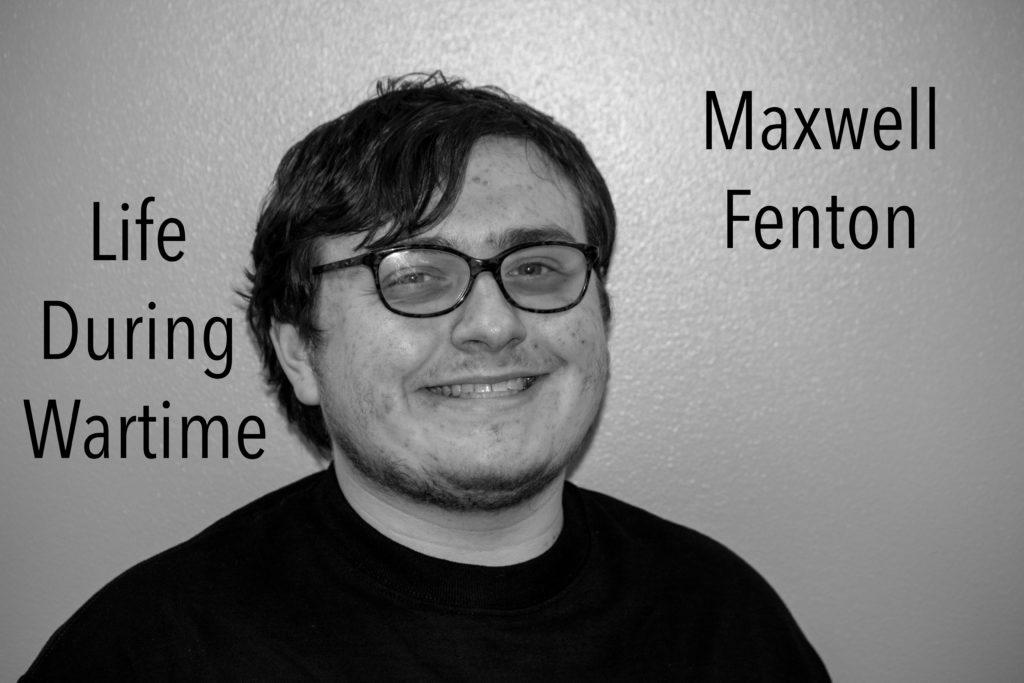The story of class in the United States has largely been an untold one, especially the history of the white, working poor. They have been colloquially known by a variety of names throughout the ages: scalawag, clay-eater, redneck, hillbilly and the ever-present designation of being “white trash.” This history is a hard one to escape, especially if you are born into it. Even today, being “white trash” is not only undesirable, but worthy of shame. The tropes of this group — bad teeth, obesity, mullets, pick-up trucks and a dysfunctional home life — are associated very closely with the classist history of the United States.
According to Nancy Isenberg, author of the 2016 book “White Trash,” the formation of rigid socioeconomic structures in the American South that were designed to maintain slavery also led to horrific violence and oppression against poor white people that has largely been swept under the rug. Even today, the white working poor are patronized, vilified, hated and blamed for any number of social problems. Even at progressive Grinnell College, classism is on full display in the way we interact with the town and the wider rural American community. It’s an uneasy balance between town and gown that we easily forget.
The tendency towards elitism here reveals itself in a variety of ways, not least of which is the constant admiration for our endowment. Even in my short time here, I have heard more disgustingly paternalistic dialogue from 20-year-old liberal arts students than from the bourgeois at the country club. Classism rears its ugly head everywhere.
It’s the conversations in the D-Hall about some “idiot townie” and whatever yokel nonsense he was up to in his “pick-em-up truck.”
It’s the Instagram captions about how beautiful the sunset is here — even if you have to come to Iowa to see its splendor.
It’s the young man in my political science class who insinuated Donald Trump’s supporters would have trouble protesting if there was drama at the RNC because they “are illiterate.”
It’s the complaints about how frightening small-town life is because of its supposed lack of amenities. If one can’t survive without a Chipotle, why come to Grinnell in the first place? We don’t even live here year-round, so chances are, we can handle a respite from our precious burrito bowls.
Ultimately, though, the elitism of our student body manifests itself in the belief that the lives of Grinnell’s townsfolk are somehow up for mockery because they are different. After all, they’re just “white trash.”
If we Grinnellians are to consider ourselves “progressives,” we cannot with clean conscience condemn racism, sexism, transphobia and the dozens of other pathological hatreds in our society only to endlessly judge people on the basis of class. Not only is it sheer hypocrisy, but we are contributing to the same problems we claim to fight. Every time we belittle the working poor in Grinnell or elsewhere, we are doing progressive causes a disservice by demonizing an entire group of people on the basis of their class. It is this unchecked disdain that has birthed disgusting politicians like Donald Trump, who use the class discontent of poor white people to further his own political ends. Modern racist ideology in practice is often the child of right-wing populists, who mutate class discontent into hatred through their rhetoric. Every time we belittle people as “white trash,” we are playing into racist hands.
Per official State of Iowa statistics, the poverty rate in Grinnell currently hovers around 17.4 percent well above the statewide rate of 11.9 and the nationwide rate of 14.3. The “Grinnell Bubble” is a real phenomenon. We revel in our shared politics and our cozy and impermeable liberal arts island. We go wild for our selective acceptance rate and U.S. News and World Report college ranking. Our specialty courses here set the agenda for a lifetime of study in graduate schools nationwide. But in this isolated mentality, we have has done little more than erect a sturdy class barrier between the City of Grinnell and the College, one that hurts us both. If we truly want to repair relationships and create a more just world, we need to consider the impact that class has on oppression in our own backyard and especially on our own behaviors.



















































Crosby • Sep 21, 2016 at 1:41 pm
This article reminds me of the lyrics to the song “Easy to be Hard” from the Broadway musical “Hair”: (Especially the verse that begins “And especially people who care about strangers…”)
How can people be so heartless
How can people be so cruel
Easy to be hard
Easy to be cold
How can people have no feelings
How can they ignore their friends
Easy to be proud
Easy to say no
And especially people
Who care about strangers
Who care about evil
And social injustice
Do you only
Care about the bleeding crowd?
How about a needing friend?
I need a friend
How can people be so heartless
You know I’m hung up on you
Easy to give in
Easy to help out
And especially people
Who care about strangers
Who say they care about social injustice
Do you only
Care about the bleeding crowd
How about a needing friend?
I need a friend
How can people have no feelings
How can they ignore their friends
Easy to be hard
Easy to be cold
Easy to be proud
Easy to say no